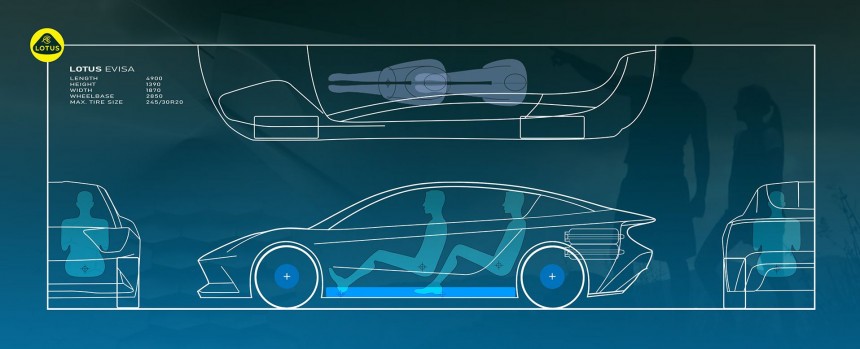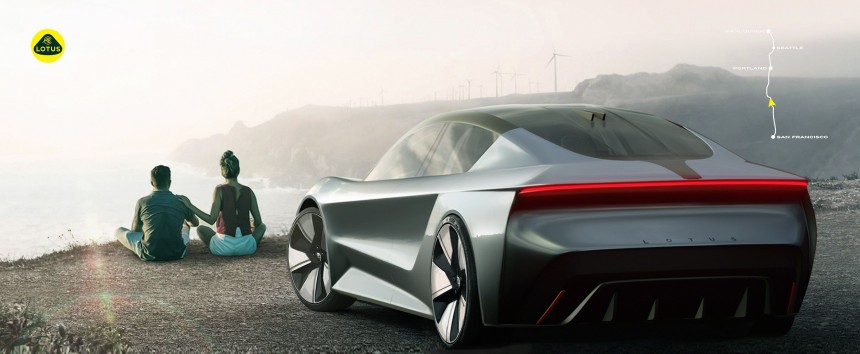Solid-state batteries have major advantages over Lithium-ion (li-ion) batteries in use by electric vehicles (EVs) as they can store more energy, charge faster and offer improved crash safety over the liquid lithium-ion batteries now used in many cars.
The reason? Solid-state batteries use thin layers of solid electrolyte material which can then move lithium ions between electrodes. Li-ion batteries on the other hand use liquid electrolyte material and use separators to prevent the positive electrode from coming in contact with the negative electrode.
In their current applications, solid-state batteries are often put to use in smaller devices like pacemakers and smartwatches. For automakers, the problem is that mass-production of such batteries for use in EVs is thought to be three to five years in the future.
But as solid-state versions offer improved stability and safety over liquid li-ion batteries - and a significantly reduced chance of electrolyte volatility and flammability at high temperatures, the batteries are considerably more attractive to EV makers as li-ion batteries are more vulnerable to fires and chemical leaks.
And above all, solid-state batteries are capable of holding more energy than liquid li-ion batteries. But the issue is that automakers and tech companies have only managed to produce solid-state li-ion battery cells one at a time and in laboratory environments, but have been stymied in their efforts to scale up production to levels necessary for mass production.
The issue is that it’s technically difficult to design a solid electrolyte that meets all the necessary criteria. Such electrolytes are expensive to fabricate, prone to forming cracks and suffer from being brittle as they expand and contract during load.
At this point, a solid-state cell is approximately eight times more expensive to make than a liquid li-ion battery of similar characteristics.
That has not prevented Toyota Motor Corp from working toward that goal, and Toyota is on the leading edge of finding methods to mass-produce solid-state batteries. And despite issues with short battery life, the Japanese automaker says they’re intent on producing them by the mid-2020s. Toyota's in-house research team is working with Panasonic Corporation to develop viable power packs as part of their Prime Planet Energy & Solutions Inc. partnership.
Toyota Motor announced just this week that it plans to spend more than $13.5 billion by 2030 to develop such batteries - and its battery supply system - in their bid to take a lead in this key automotive technology throughout the next decade. Toyota said it aims to slash the cost of its batteries by 30% or more by working on advances in materials and the methods used to structure the cells. The company is largely basing its hopes on the Toyota bZ4X, at least according to Chief Technology Officer Masahiko Maeda.
Volkswagen is in hot pursuit of a solution, and the German automaker has invested in a U.S. battery firm - QuantumScape Corporation - that has plans to introduce their version of the batteries in 2024 for VW EVs. According to VW, the batteries currently in development offer some 30% more range than liquid versions and are capable of charging to 80% capacity in just 12 minutes. That represents a leap forward and cuts by half the time of the fastest charging li-ion cells now on the market.
Stellantis says they intend to introduce solid-state batteries by 2026. Ford Motor Co and BMW AG and Hyundai Motor all say they expect to make the transition before 2030.
As a result, Market Insight Reports says increasing demand from electric vehicles makers is a key growth drivers for global solid-state car battery markets. The report says worldwide solid-state car battery markets will grow at an annual rate of 34% between 2021-2027.
In their current applications, solid-state batteries are often put to use in smaller devices like pacemakers and smartwatches. For automakers, the problem is that mass-production of such batteries for use in EVs is thought to be three to five years in the future.
But as solid-state versions offer improved stability and safety over liquid li-ion batteries - and a significantly reduced chance of electrolyte volatility and flammability at high temperatures, the batteries are considerably more attractive to EV makers as li-ion batteries are more vulnerable to fires and chemical leaks.
And above all, solid-state batteries are capable of holding more energy than liquid li-ion batteries. But the issue is that automakers and tech companies have only managed to produce solid-state li-ion battery cells one at a time and in laboratory environments, but have been stymied in their efforts to scale up production to levels necessary for mass production.
At this point, a solid-state cell is approximately eight times more expensive to make than a liquid li-ion battery of similar characteristics.
That has not prevented Toyota Motor Corp from working toward that goal, and Toyota is on the leading edge of finding methods to mass-produce solid-state batteries. And despite issues with short battery life, the Japanese automaker says they’re intent on producing them by the mid-2020s. Toyota's in-house research team is working with Panasonic Corporation to develop viable power packs as part of their Prime Planet Energy & Solutions Inc. partnership.
Toyota Motor announced just this week that it plans to spend more than $13.5 billion by 2030 to develop such batteries - and its battery supply system - in their bid to take a lead in this key automotive technology throughout the next decade. Toyota said it aims to slash the cost of its batteries by 30% or more by working on advances in materials and the methods used to structure the cells. The company is largely basing its hopes on the Toyota bZ4X, at least according to Chief Technology Officer Masahiko Maeda.
Stellantis says they intend to introduce solid-state batteries by 2026. Ford Motor Co and BMW AG and Hyundai Motor all say they expect to make the transition before 2030.
As a result, Market Insight Reports says increasing demand from electric vehicles makers is a key growth drivers for global solid-state car battery markets. The report says worldwide solid-state car battery markets will grow at an annual rate of 34% between 2021-2027.














